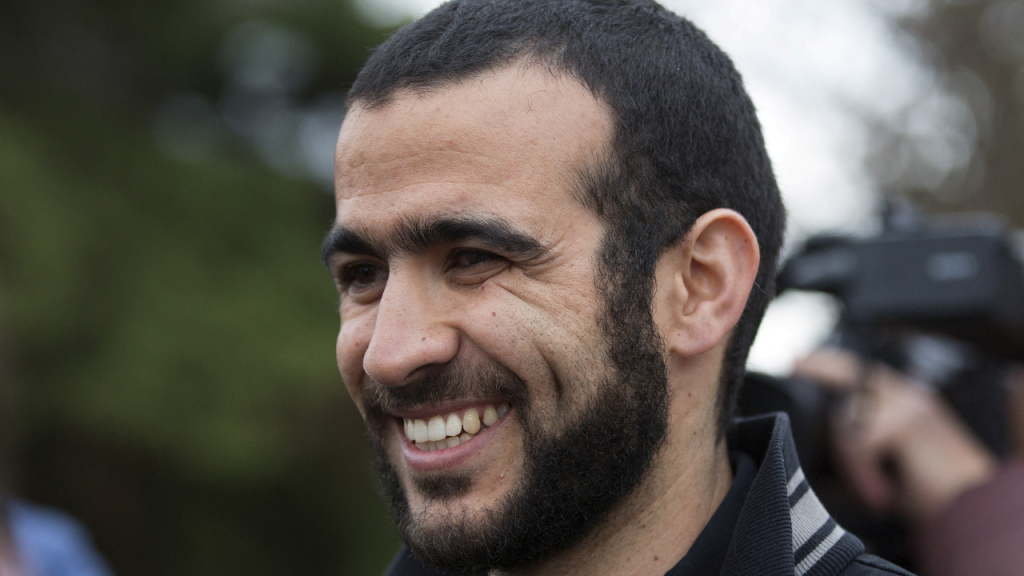The U.S. Supreme Court recently rejected Omar Khadr’s attempt to vacate his convictions for the 2002 murder of an American soldier and other crimes he committed at the age of 15. Khadr, a Canadian citizen, was one of the youngest detainees at Guantanamo Bay and later pleaded guilty in exchange for an eight-year sentence. Despite being granted bail in 2015 and completing his sentence in 2019, Khadr continued to pursue the dismissal of his U.S. convictions.
In 2002, Khadr was taken to Afghanistan by his father, a senior al Qaeda member, and was involved in a firefight where he threw a grenade that killed Sergeant Christopher Speer, a U.S. Army medic. Khadr was later captured by U.S. forces and charged under the Military Commissions Act with various crimes, including murder and attempted murder. Khadr was 24 when he pleaded guilty to these charges.
A federal appeals court ruling in 2012 had potential implications for Khadr’s case, as it stated that defendants cannot be charged under the Military Commissions Act for crimes that occurred before the law’s adoption in 2006. Despite Khadr waiving his right to appellate review, he appealed to the D.C. Circuit, arguing that his convictions violated the U.S. Constitution’s ban on criminalizing conduct after it has occurred.
The Supreme Court’s refusal to hear Khadr’s appeal was based on his agreement to waive his right to appeal, not on the immediate vacating of his convictions. President Joe Biden’s administration urged the justices to reject Khadr’s appeal. Canada formally apologized to Khadr in 2017 and paid him $7.83 million in compensation, acknowledging any role Canadian officials may have played in his ordeal abroad.
Khadr’s case was significant as it made the United States the first nation since World War Two to prosecute a defendant in a war crimes tribunal for acts allegedly committed as a juvenile. Khadr’s lawyers had argued that he should be rehabilitated as a child soldier rather than prosecuted in a military tribunal. The Guantanamo detention facility was opened in 2002 to detain foreign terrorism suspects following the September 11, 2001 attacks.
Despite the refusal of the U.S. Supreme Court to vacate his convictions, Khadr continues to maintain his innocence and seek justice through legal means. The case raises questions about the rights and treatment of juvenile offenders in the context of war crimes. The United States’ decision to prosecute Khadr and the subsequent compensation by Canada highlight the complexities of dealing with individuals involved in conflicts at a young age.













